Cancer care pathway
Date
Jan 16, 2025
Author
Rik Renard
Situation
Cancer care is complex, and no two pathways are the same. Patients often navigate a mix of treatments—radiotherapy, chemotherapy, or surgery—each with unique complications and symptoms. To provide the best care, nurses and providers need to ask the right questions at the right time. But with so many details to track, the burden falls on care teams to remember key steps, often with limited success.
Complication
This manual approach doesn’t work. Key steps get forgotten, symptoms go unnoticed, and critical conversations—like end-of-life planning—happen too late or not at all. Patients may hesitate to report sensitive issues, like erectile dysfunction, while minor symptoms escalate into serious complications. Meanwhile, primary care providers (PCPs) remain out of the loop, leaving them unprepared to support patients post-hospitalization. The result? Missed opportunities to intervene early and a frustrating experience for patients and providers alike.
Resolution
Care teams use Awell to transform cancer care pathways, initiating a smart, proactive journey from the moment of diagnosis. Based on each patient’s treatment plan, teams engage patients with tailored questions to monitor symptoms, identify concerns, and provide real-time support. For instance, if a patient reports pain, they receive practical tips for relief. If they feel sick, personalized guidance follows immediately.
When symptoms escalate, the system notifies the care team to step in—whether it’s managing worsening side effects or addressing sensitive end-of-life discussions. Providers access an intuitive dashboard to track patient progress, while PCPs receive automated monthly updates via fax, keeping them informed without additional effort.
By enabling proactive communication and action, care teams stay ahead of complications, PCPs remain in the loop, and patients feel supported at every step of their journey. Organizations deliver smoother workflows, improved outcomes, and a more humane, patient-centered cancer care experience.
Disclaimer: Each flow belongs to, and is configured by, an Awell customer. Awell supplies the underlying builder platform only; we do not provide clinical content or clinical decision-making logic.
Back






















